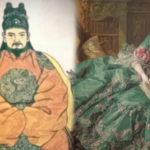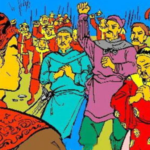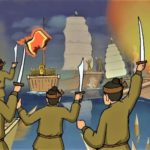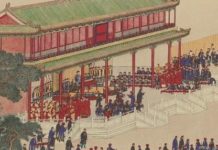Throughout Vietnamese history, there is a family lineage that has produced 31 kings and 2 national heroes. In the era of Vietnam’s independence, which began after more than 1,000 years of Northern rule, this period was marked by the victory at Bach Dang in 938 led by Ngo Quyen. A year later, Ngo Quyen ascended to the throne, establishing the Ngo dynasty. He became the first king of Vietnam in the era of independence. Throughout that time, Vietnam had many kings who took the throne, spanning across various dynasties.
In Vietnam, the Le family had 2 dynasties: the Early Le dynasty (980-1009) and the Later Le dynasty (1428-1789). In terms of origin, historical records state that the Le family in Vietnam is one of the characteristic lineages of the Lac Viet people, who settled in Thanh Hoa and Ninh Binh since ancient times. This lineage had the longest reign in history.
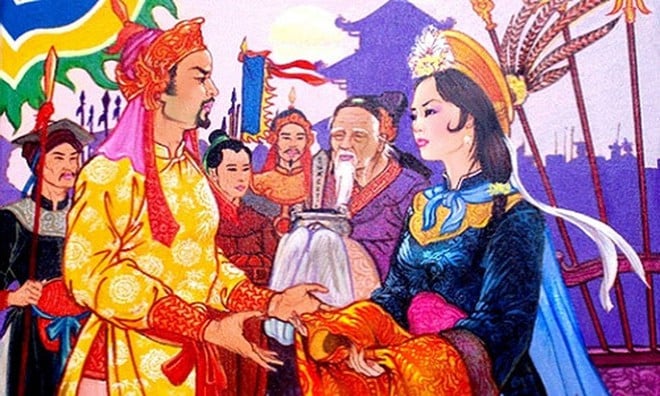
According to the Le family genealogy, this family lineage is considered the ancestral root of the Vietnamese people since the inception of the Lac Viet ethnic group. According to the book “Festivals and Historical Figures of Vietnam,” Thuc Phan An Duong Vuong, from the Le family in My Duc, Hanoi, was the founder. At the end of the 18th Hùng Vương period, in 258 BC, Thuc Phan ascended to the throne and proclaimed himself An Duong Vuong, abandoning the National name Van Lang and changing it to Au Lac. He established his capital in Dong Kinh and built the Co Loa Citadel. Thuc Phan An Duong Vuong is revered as the founding ancestor of the Le family.
Over thousands of years of history, with numerous lineages, the Le family has contributed their efforts, talents, intelligence, and blood to building and protecting the land of Vietnam. The Le family established two dynasties: the Early Le dynasty ruled for 29 years (980-1009) and the Later Le dynasty ruled for 361 years (1428-1789). The first king of the Early Le dynasty was Le Hoan, while the first king of the Later Le dynasty was Le Thai To – Le Loi.
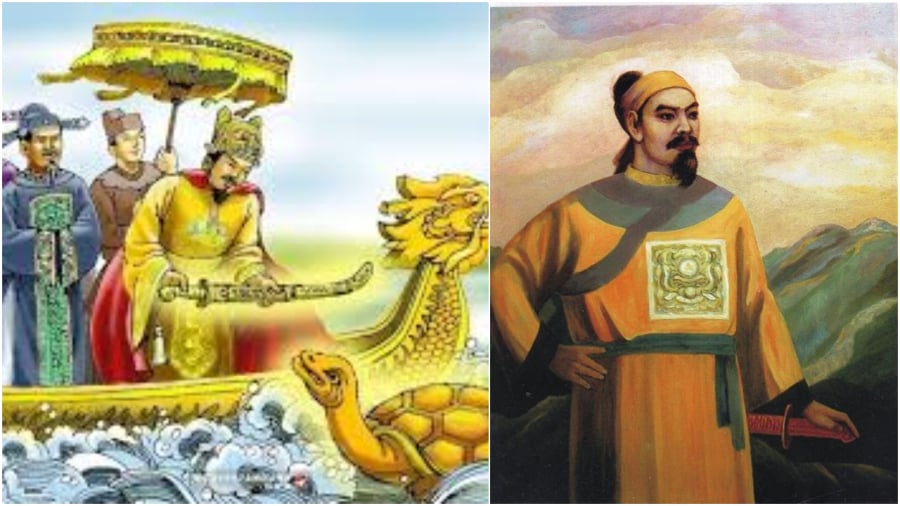
According to the book “Brief History of Vietnam,” both the Early Le and Later Le dynasties originated from the present-day Thanh Hoa province. Among the 31 kings of the Le family, Le Hien Tong served the longest reign. He sat on the throne for 46 years (1740-1786). However, during this period, the role of the Le kings was not clearly demonstrated due to the dominance of the Trinh lords.
On the contrary, according to the “Complete Book of Dai Viet History,” the shortest reign of a Le king was Le Long Viet (Le Trung Tong, son of King Le Dai Hanh). He only reigned for a mere 3 days before being overthrown by his younger brother, Le Long Dinh. Particularly, within the Le family lineage, two kings, Le Hoan and Le Loi, were categorized as exemplary heroes of Vietnam by the Ministry of Culture, Sports, and Tourism in 2013.


























